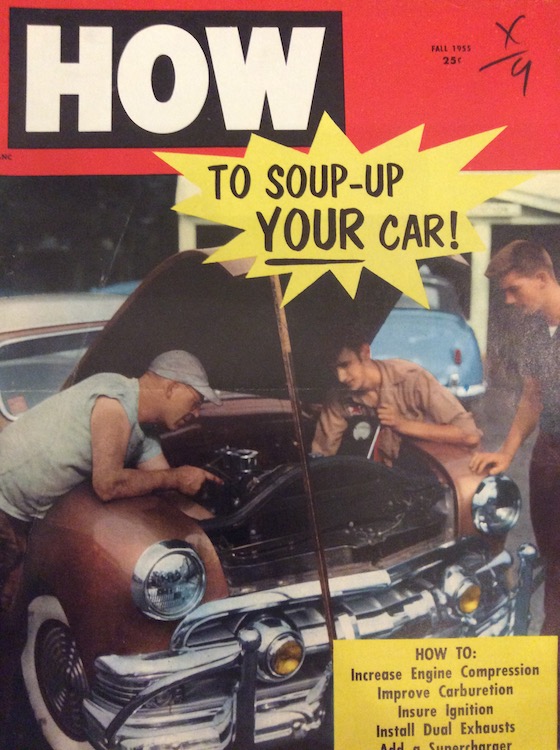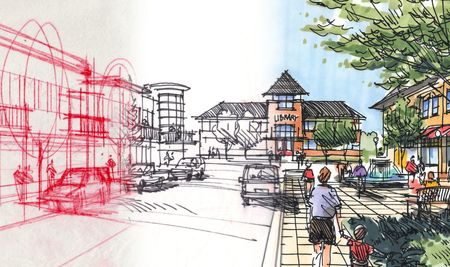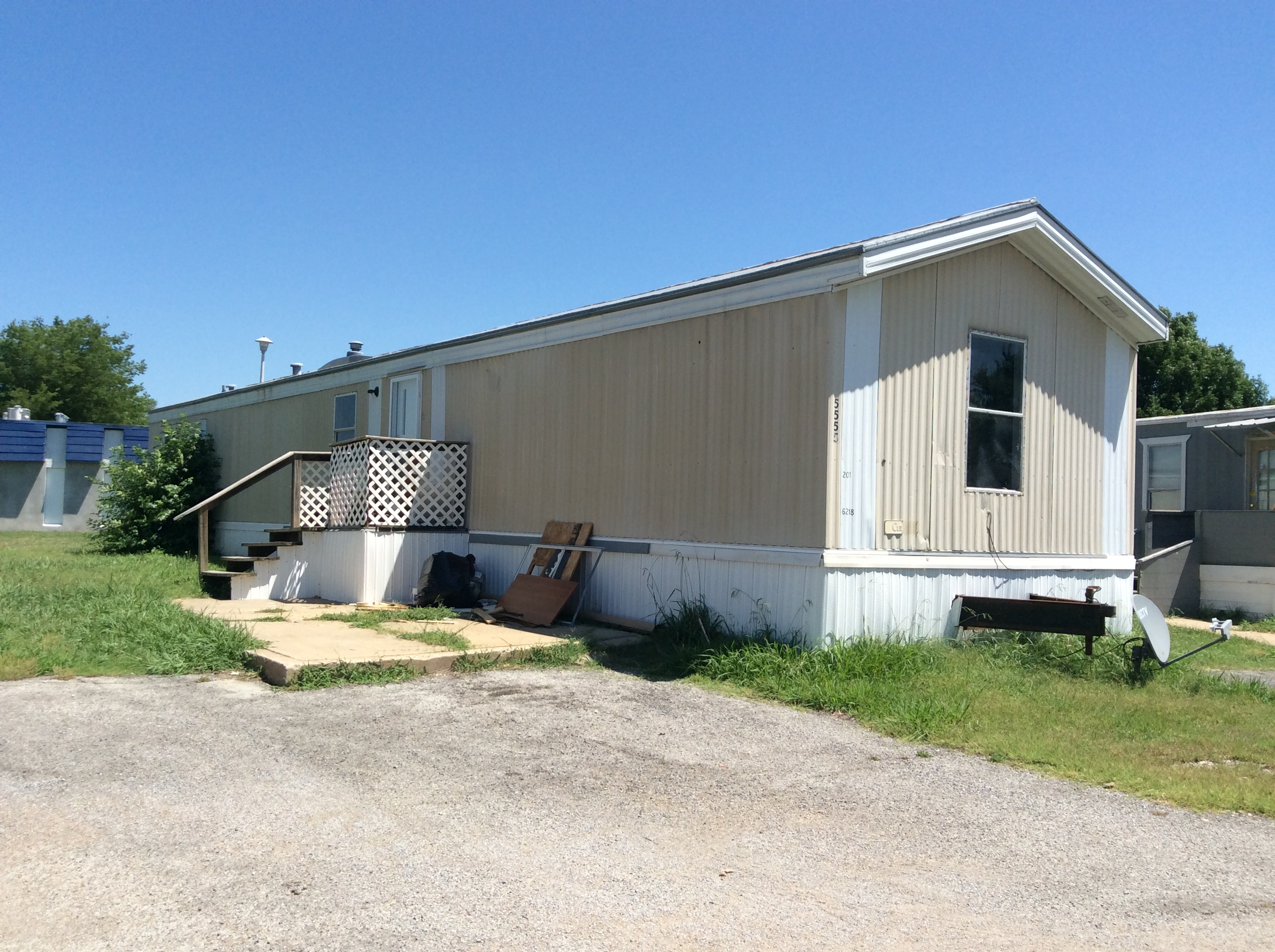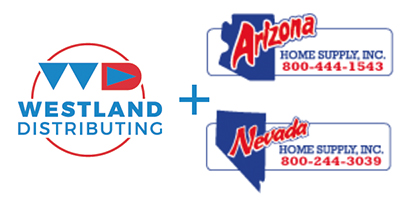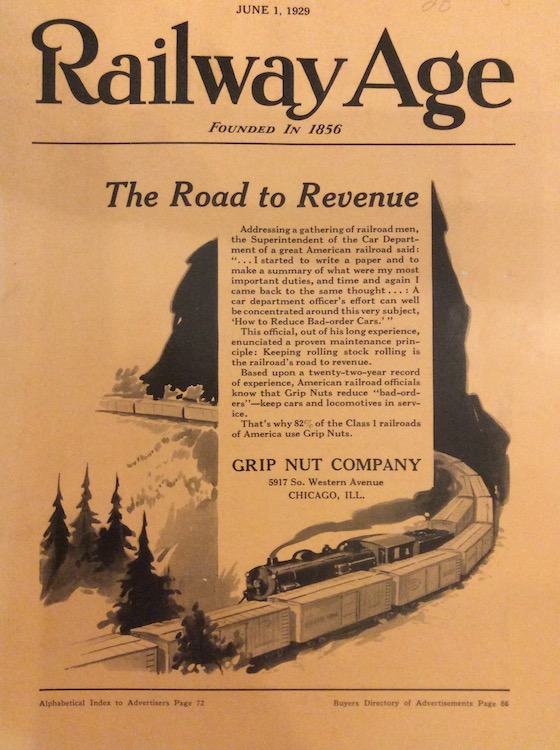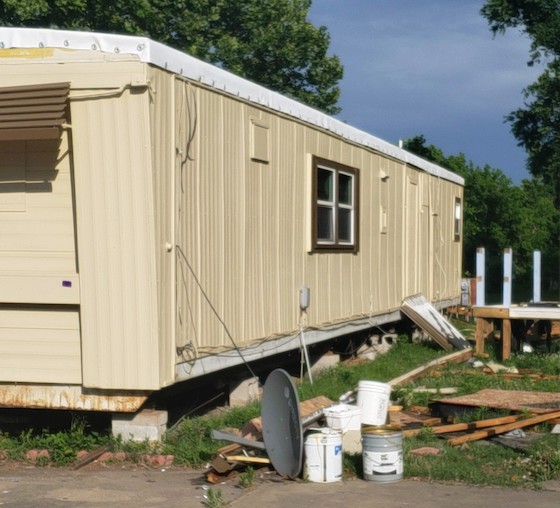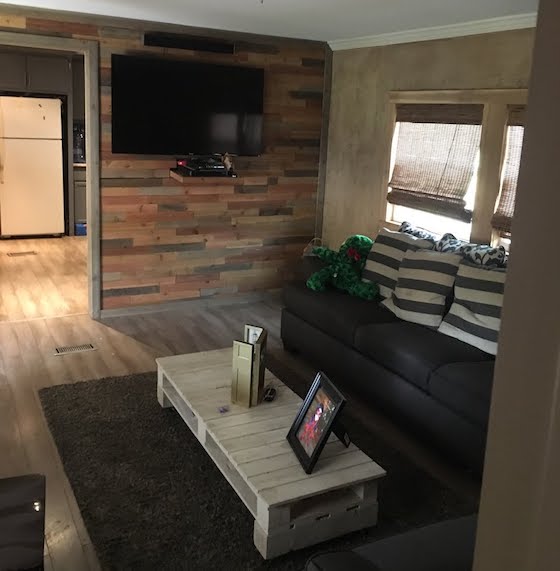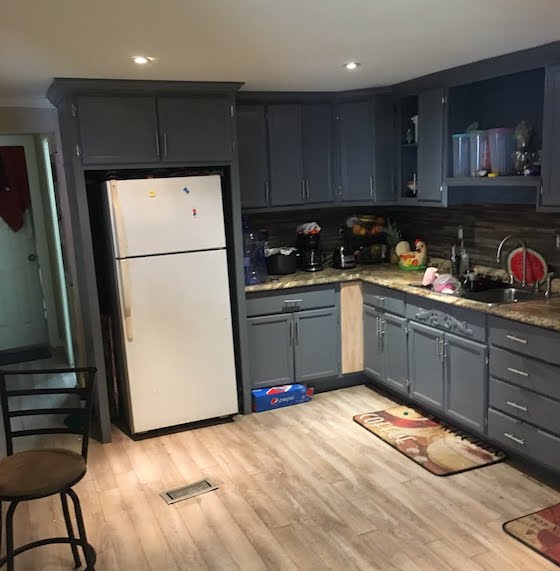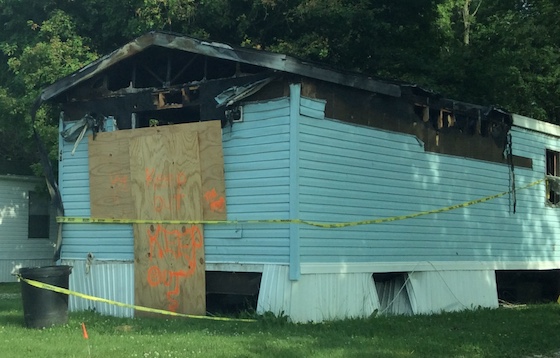To advertise here, you must be a member of the MHU Investor’s Club which is a program available to our Mobile Home Park Boot Camp and Mobile Home Park Home Study Course customers. Contact us for more information.
I am looking for more parks. City utilities preferred, but septic will be considered. Price range from $750,000 - $5.0 Million. 30+ Lot, flexible on location.
Wholesalers and brokers, please send me your deals. Also, any investors looking to invest passively in MHCs, please contact me.
We have few LP's slots available.
Seeking to buy parks - Montana, Wyoming and Idaho
We are seeking to acquire Mobile Home Parks in MT, WY and ID. Our target park size is 20-80 lots, with city water and sewer. We may consider other areas or opportunities. We are actively pursuing opportunities in these markets, and have the resources to make offers and acquire parks immediately. Please contact us if you own, or know of a park that meets this criteria in these areas. We are happy to work direct with sellers or brokers. Thank you Mike
Anyone like or looking to buy in NY or the northeast?
Hello!
I'm looking for a serious turn around park in a metro area with greater than 100k in population.
Able to pay cash depending on situation. $500,000-$2,500,000
Locations: Maryland, Delaware, Pennsylvania, Virginia, West Virginia, Ohio, North Carolina, South Carolina, Georgia.
City utilities are preferred.
40 lots or more.
Looking to network with other investors as well for JV projects. Please feel free to reach out and get acquainted.
Marc
443-223-0941
Hi - I'm an investor in the single family residential space with a $35MM rental portfolio, and would love to hear from MHP investors who are looking at deals and open to discuss potential joint venture opportunities. Ideal deal has significant value add and needs at least $1-2MM of equity. Equally, I am always on the hunt for attractive deals in other real estate sectors and would welcome anyone interested to reach out to learn more - I am currently offering a small top-off piece of equity in my single family rental portfolio.
We care seeking to Buy a MobilHome Park in Northern Idaho
40+ space park, we will look at all parks however we prefer city sewer and water.
We are ready at this time to invest. Feel free to reach out and discuss any parks available my cell# 707-481-1662
Distressed North Carolina park approximately 30 minutes north of Fayetteville. 28 spaces with 16 park owned homes that are in rough condition (rated F for rehab), 6 tenant owned homes, 6 vacant lots. Current rents are below market at $160. This park can be re-developed and bring in up to 125 spaces. The front 20 acres are all pine and owner would consider offers on this. Although it provides a nice cover area to maintain that country setting community feel. $234,000.00.
Email: [email protected] Hello there. Six years ago I stopped investing in apartment complexes and completely invested my life/company to Mobile Home Park Investments. My wife quickly joined my efforts and now the MHP business has become the family business. Every property in our portfolio has been a value add park at purchase. Each property has more than doubled in market value and initial investment cashed out within 24 months. Currently we are expanding and in need to invest/work with new equity, passive, and active partners. Check out our website at MHESTATESLLC.com. Feel free to call at anytime. South East MHP Specialist (VA, NC, SC, GA, TN, AL, LA).
Looking for a MHP investment with others. Will have $600K + by November 21, 2019. Looking to use a 1031 exchange with about $1.75 million debt.
Looking for Mobile Home Park to own or joint venture with others. I have cash to invest. My preference is to own a park with city water/ sewer, paved streets.
If your looking for someone for your team for Joint Venture that can add value and time along with cash, give me a call (503) 439-9069 Portland, OR.
Former MHP owner, that turned a average MHP to a great MHP that was 100% owner occupied park. I can help to turn a park from good to great.
(2) great off market deals in North Dakota!! The first one is an underperforming 10 space park in a high rent area with $56k NOI potential @$199k.The second one is a 60 space park with good upside and owner financing.Im from the area and could be hands on with a JV funding partner or will sell outright. Lets talk!
Steven Juelke 970-308-5571
Looking for equity partners who would like to purchase MHP's in the midwest. (MI, IL, OH, WI, IN). I have cash to invest.
Looking to meet other investors in the space which may result in future partnering as deals arise. Our target is $1 - $3M parks in the Midwest on city utilities. We're interested in meeting like minded people who can deploy /partner at $100 - $500k increments.
Seeking a business partner with hands on mobile home rehab experience in FL preferably the Central FL area. I have a fairly good business model, financial backing and customers ready I just need a dependable partner with actual mobile home rehab and construction experience preferably in the Central FL area to start but I'm looking to take this program at least state wide. I will also entertain offers from independent contractors as well looking to work together to rehab homes.
Please contact me if interested.
We are experienced operators looking to buy parks with 50+ lots in MO/KS/IA/IL/NE, in metropolitan areas with at least 100,000 people. Public water and sewer preferred. We will pay referral fees or provide a minority ownership interest for a deal you have under control or solid leads for off market deals. We have significant equity available and can close quickly. Real estate lawyer/consultant services from MHP owner also available for fee engagement. The choice of a lawyer is an important one and should not be based on advertisements.
- Capital partner wanted to buy parks
Will provide Capital Partners with Tax benefits or Cashflow or Equity - depending on your needs / desires.
Let us know how we can work with you to accomplish your goals through MHP investing.
We currently own two parks. Have 4 years experience owning and operating MHP's. Real Estate investing since 2004. Experience as a general contractor. Accredited investors ourselves.
Currently seeking Parks in and around the Carolinas and Ohio but will gladly go further if the deal is right.
Call or e-mail any time. Will gladly provide resume, references and so on.
Thanks,
Andy
We are willing to pay a commission or finder's fee for off-market deals. 40-150 spaces, more if part of a multi-park portfolio. We have capital and MHP operating experience. Please call me at 408.206.8998 or [email protected] www.genuitycap.com I am a Canadian investor looking at parks in the in the following states: Arizona, Nevada, Washington, Oregon, Idaho, Montana.
My business partner and I are heading out on a road trip at the end of October and are keen to meet other investors on the way.
We'll also be looking for great recommendations on where to stay and what to discover.
We're looking forward to meeting other MHU investors along the way!
If you have some ideas please reach out to my business partner Liza Rogers as she's planning the route!
[email protected] 250 532 1625 Attn MHP Owners: we are interested in buying several parks! Attn MHP owners with large portfolio: If you need to offload your smaller parks, please call me! Attn newbies who want to birddog or assign deals: I’ll pay you up to 5% referral fee on any deals you send my way! Attn Realtors: I have a very healthy incentive commission plan with any deals you send my way! I’ve got the cash to close the deal from $500k to $5M, 30-200 lots, within 40 miles of a growing metro area of 100k+, public or private utilities (WA, OR, ID, NV, UT, CO, WY, MT, ND, SD, NE, KS, MN, IA, MO, WI, IL, MI, IN, KY, OH, PA, VT, NH, MA). Please contact me (425-246-4785), [email protected] or visit us at www.GreaterCauseRealtyGroup.com. Looking forward to hearing from you! :) Thank you to everyone I spoke to regarding a manager position. I learned so much from you!
If you are in need of a manager, let me know and we can talk.
Thank you! Cindy
MHP Owners & Brokers
I am interested in purchasing a Park in NC (1M-1.5M) preferably in the Raleigh Durham Metro. Park criteria is 50 – 100 spaces, paved roads, city water, city sewer. However I do know that there can be potential elsewhere so I am willing to consider other deals in other markets with a good economy. Please do not hesitate reaching out to me if you have anything.
Nick Vrscak
(919) 880-4086
[email protected] If anyone is looking to start a direct mail campaign to find deals I can help you. If you're not wanting to do the owner address research yourself I could provide you with lists for MO, KS, NE, IA, & ID (1000 owner addresses thus far). If you've got another state you want to mail I could help with that too. I can help you design your postcard or do it for you. I also know of deals I'm unable to do that I can refer. Let me know if you're interested, Ed Willis 907-460-6646
Looking to buy and manage our first mobile home park in East TN or northeast to south central TX. 30 - 100 sites with city water and sewer preferred. Willing to work with brokers or sellers. Purchase price 1.2 million or less. Open to updating or performing mild renovations.
Looking for a mobile home within 500 miles of AZ. Max size 18x70. Min age 2003. Max price $12,000. Call (559) 907-8080. Thank you,
I have several years experience of buying, owning, operating and selling (for excellent returns) mobile home parks. I am looking to partner with other owners, investors who are interested in buying their first park or expanding their portfolio.
I am also offering to pay a referral fee for a mobile home park on any deals.
Please contact me if you are interested.
Criteria: minimum 25 occupied lots, city sewer or septic, city water or well water.



